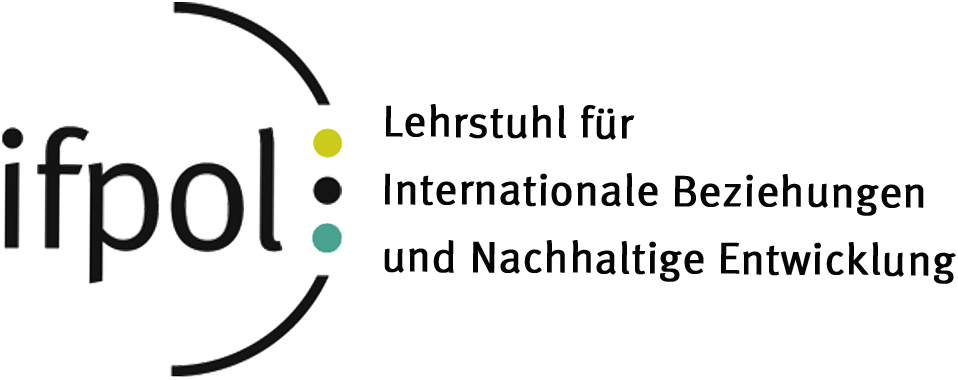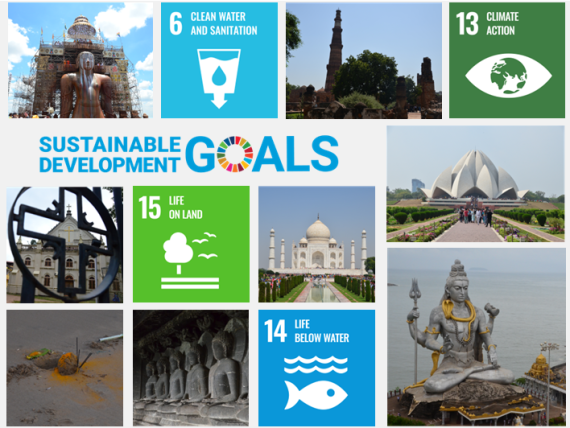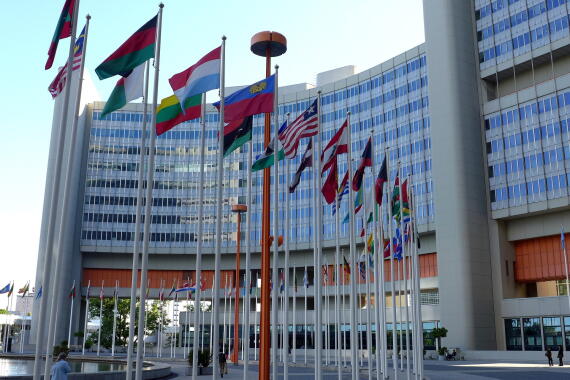

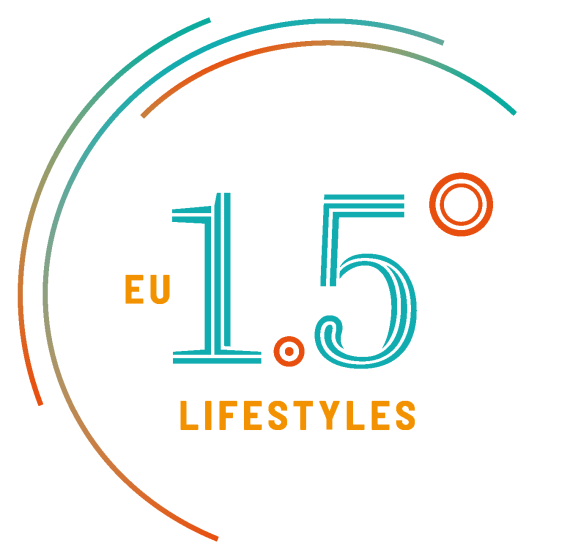
EU 1.5° Lifestyles
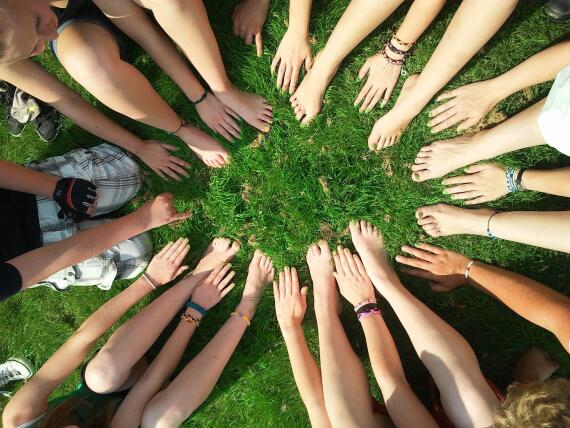
Biocivis
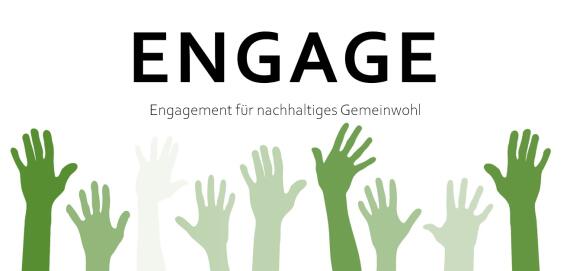
Engage
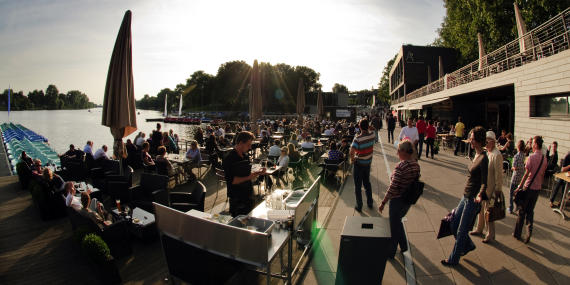
Indicators for the Quality of Life and the Environment

Consumption Corridors

MOVER

Resolve

AI and Sustainability
Former Research Projects
Religious Protagonists in Global Governance
The project analyses the conditions and results of the conflict of normative “truths” in selected fields of policy, particularly in international development and environmental policy, taking the role of transnational religious actors in supranational arenas, especially in international negotiations and UN world conferences, into consideration. In these global arenas, central questions such as the definition of development, the issue of global inequality or the climate problem are negotiated. At the same time, these questions touch on the basic normative principles of an international society as a community of values: what role do the specific characteristics of religious actors play in international negotiations and debates? Under which circumstances can religious actors transform their legitimacy as credible players into discoursive power? And how do external conditions such as institutional settings and political opportunity structures influence the successful exercise of discoursive power by religious actors and norms?
The research project LITRES focussed on the way, the German energy turnaround can be implemented by local initiatives using alternative sources of energy and on the accompanying change in governance structures. This kind of political engagement has yet neither been studied with regard to its particular form of participation nor to its potential for transforming the energy system and finally, the interplay of both aspects constitutes a research gap to be filled by LITRES.
The interdisciplinary research project "KomMA-P" studied the conditions for citizens’ acceptance of the German energy turnaround. The initial idea claims that adequate participation opportunities are a necessary condition. "KomMA-P" aimed at exploring how low-threshold participation opportunities requiring no investment could be developed. In order to do so, the project researched how technical solutions and participation opportunities are dependent on one another or connected.
Time Horizons in International Environmental Policy
Find out more about which role “time” plays in European climate and fishing policy.
Political Economy of Global Processes of Financialization
The junior researcher network "The Political Economy of Global Financialization Processes", funded by the German Research Foundation (DFG) from 2009-2014, aims to analyze the political-economic characteristics, causes and consequences of this development and thus contribute to the discussion about structural solutions to the current financial crisis.
Transpose - Transfer of Electricity Saving Policies
TRANSPOSE examines electricity saving potentials in private households.
The project association is based upon the very question why existing electricity saving potentials are so rarely exhausted. We assume that there are plenty of barriers which can be found on both the individual consumer and the consumer environment level . Due to the complexity of these barriers, there is a substantial need to mix political instruments.Private Retail Governance in the Agri-Food System
This project examined the implications of the standards developed by the food trade (e.g. GlobalGAP) for the ecological and social sustainability of the global food system and the democratic legitimacy of governing in this system.
--> with Agni KalfagianniAgri-Food Corporations and Global Governance
This project investigated transnational corporations' power in the global food system. An international workshop was held in this context at theUniversity of Waterloo. (2006-2007)
--> with Jennifer Clapp, University of Waterloo, financed by the Canadian Social Sciences and Humanities Research Council, the Center for International Governance and the University of Waterloo.The Implications of Private Food Governance for Climate Change Politics
Project leader: Karsten Ronit, University of Copenhagen
This project examined the potential and limits of private governance in food policy for global climate

